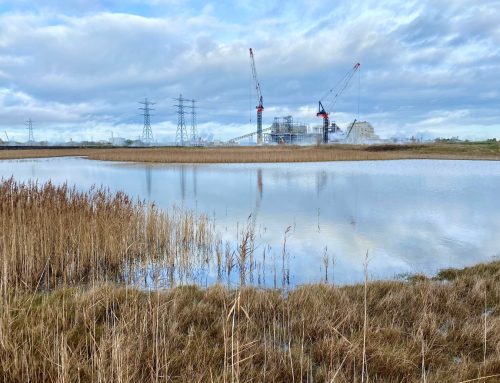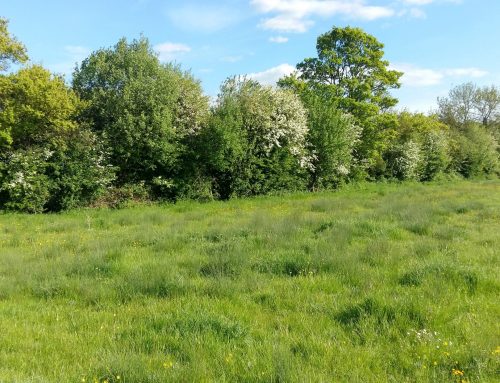British Standard (BS) BS42020 ‘Biodiversity – Code of practice for planning and development 2013’ is increasingly being adopted by local planning authorities. To date, at least the Essex, Pembrokeshire, Suffolk, Powys, Devon and Norfolk Councils have formally implemented compliance requirements of BS42020 onto their planning application ‘Validation Checklists’ and the list is set to continue to grow as the British Standard settles into nationwide use. The recommendations in BS42020 have also been recognised by the Chartered Institute of Ecology and Environmental Management (CIEEM) and so dovetails with the CIEEM guidance on ecological impact assessment.
Reference to BS42020 allows Councils to confidently validate planning applications by providing a clear list of requirements that a developer must consider. It is likely that all Councils will eventually cite the BS for planning purposes and so it becomes increasingly important to consider BS42020 at an early stage of the development.
Avian Ecology have always worked to the highest standards through rigorous in-house and external training to review newly published scientific data, compliance with professional guidelines, quality auditing and constantly improving technical survey and reporting. Rigorous standards apply for all our work. Howard Fearn, Director of Avian Ecology, says:
“Our focus has always been to provide the highest quality service to our clients. All of our assessments already provided over and above the requirements of BS42020, therefore we can confidently state that our work is industry leading and conforms to the increasingly relevant British Standard. Inclusion of the BS42020 into our planning documents further increases the robustness and credibility of any application without any additional costs for clients, so the benefits are clear. Avian Ecology is already certified with ISO 9001 and ISO 14001 and we will continue to adopt and promote the highest standards throughout our work whilst maintaining our common sense approach to ecology services.”
“To reduce the risk of planning delays, we recommend considering potential ecological impacts during the early stages of a development so we can provide pragmatic advice and a solution-focused approach to planning applications. Importantly, we aim to identify and where possible resolve issues prior to submission into the planning system rather than issue reports which simply include recommendations for more studies leading to further project costs and delays”.
For further information regarding the British Standard and how it is applicable to your development, please contact Howard on Howard.Fearn@avianecology.co.uk








Leave A Comment